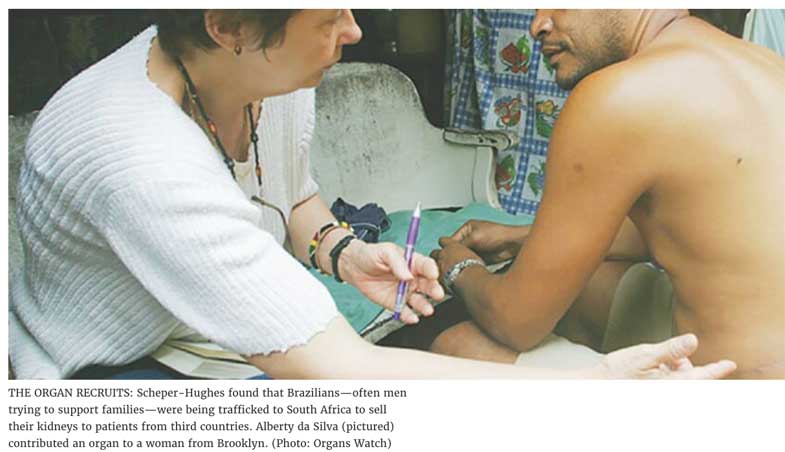Are your kidneys available to me? - First in a series
The About (home) page of Biotech blog begins with a question: Is it OK to donate a kidney?
If you are asked to donate one of yours, would you? Humans have two kidneys and it is possible to live with one.
How would you advise your friend or family member? What does God think about kidney donation?
Medical authorities state there is a vast and crying need for donations. Why wouldn’t you donate?
About four years ago I wrote a blog series that I later converted to an ebook, Flesh & Bone & The Protestant Conscience (on Amazon now) and in pdf form on this site. In it I explored many of today’s biomedical practices such as organ donation as they relate to Christian ethics.
One purpose of the ebook’s title was to provoke any with Protestant roots or orientation to think about these issues from the perspective of God’s Word. Many Catholics today also read God’s Word but their doctrines and opinions still are guided by church tradition and hierarchy, whereas the Protestant is free to draw conclusions based solely on the revealed Word of God.
Because transplanting kidneys from living donors is commonplace and accepted, it seems a little late to ask: Is it right for a society to permit kidney donation? Nevertheless we will attempt to answer that question in this series. In the ebook (revised and updated in 2019) there is more discussion on live and dead donors which is an aspect of the ethical framework, but here we will focus on the live donor.
This more intensive look into kidney donation than is in the ebook, is to help clear up any fuzzy thinking. Perhaps it may help you to form an opinion. You never know when you may be asked to be a donor, and if you have signed your driver’s license, you already are a prospective one.
In preparing for this series I have enjoyed reading articles by and about those who confront this issue daily or have a vested interest in it. One, anthropologist Nancy Scheper-Hughes, has traveled broadly to discover the occurrences of kidney donation by living donors.

The photo (a screenshot from the referenced webpage) shows her interviewing a man from Brazil who donated a kidney to a woman from Brooklyn. She found that “human organs and tissue generally moved from south to north, from the poor to the rich, and from brown-skinned to lighter-skinned people.” (ref)
Are today’s medical ethics Christian or pagan? Are Protestant ethics your ethics? In the next post we will look at societal and churches’ views on organ donation.
Next